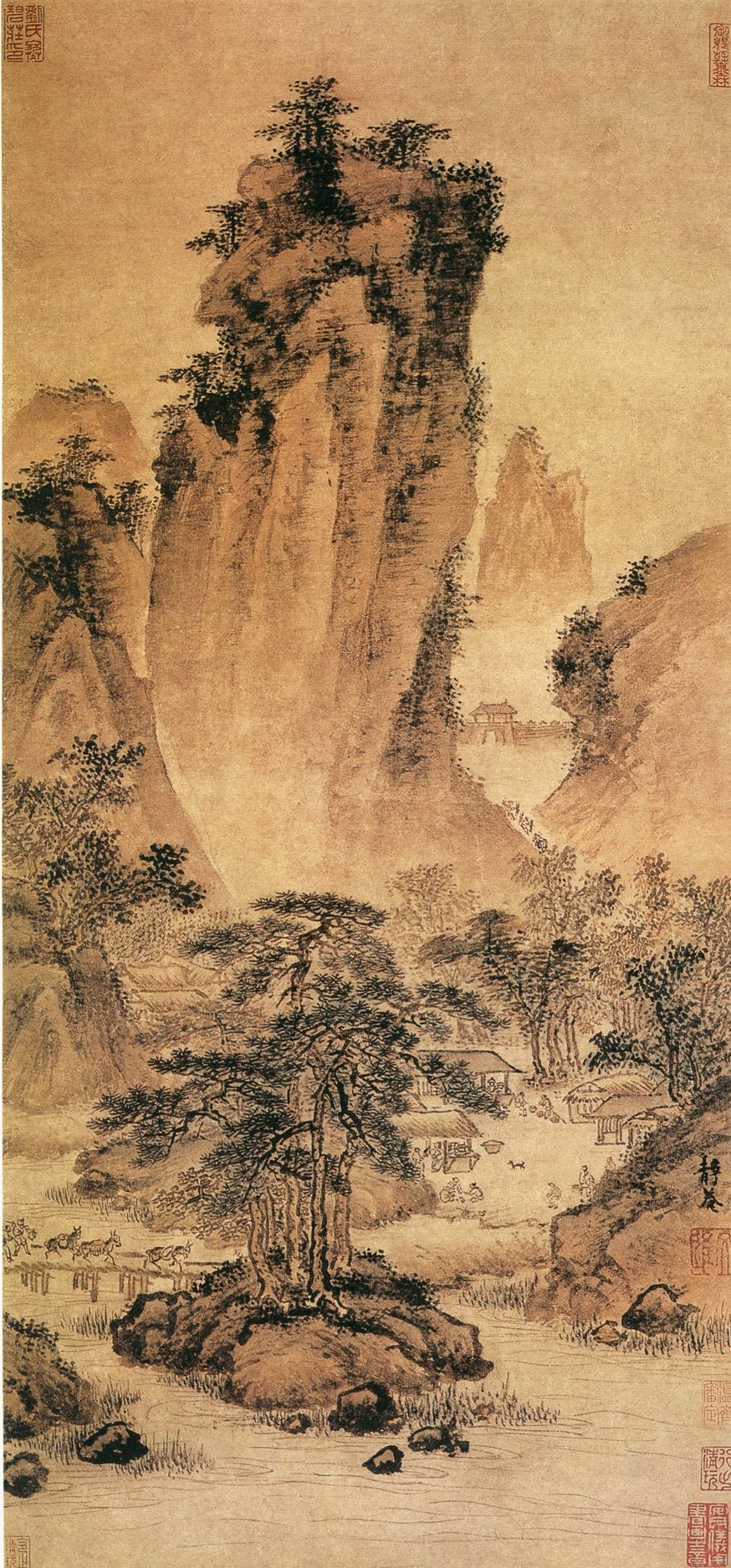|
Zhe School (guqin)
The Zhe school is a school of musicians for the guqin The ''guqin'' (; ) is a plucked seven-string Chinese musical instrument. It has been played since ancient times, and has traditionally been favoured by scholars and Scholar-bureaucrats, literati as an instrument of great subtlety and refinemen .... It should not be confused with the Zhe school of landscape painters. References :''Please see:'' References section in the guqin article for a full list of references used in all qin related articles. External linksThe Qin in the Song Dynasty {{china-music-stub Guqin ... [...More Info...] [...Related Items...] OR: [Wikipedia] [Google] [Baidu] |
Guqin
The ''guqin'' (; ) is a plucked seven-string Chinese musical instrument. It has been played since ancient times, and has traditionally been favoured by scholars and literati as an instrument of great subtlety and refinement, as highlighted by the quote "a gentleman does not part with his ''qin'' or '' se'' without good reason," as well as being associated with the ancient Chinese philosopher Confucius. It is sometimes referred to by the Chinese as "the father of Chinese music" or "the instrument of the sages". The ''guqin'' is not to be confused with the '' guzheng'', another Chinese long stringed instrument also without frets, but with moveable bridges under each string. Traditionally, the instrument was simply referred to as the "''qin''" (琴) but by the twentieth century the term had come to be applied to many other musical instruments as well: the ''yangqin'' hammered dulcimer, the ''huqin'' family of bowed string instruments, and the Western piano (''gangqin'' (钢琴) ... [...More Info...] [...Related Items...] OR: [Wikipedia] [Google] [Baidu] |
Zhe School (painting)
The Zhe School (浙派) was a school of painters and was part of the Southern School, which thrived during the Ming dynasty. The school was led by Dai Jin, traditionally considered its founder. The "Zhe" of the name refers to Dai Jin's home province - Zhejiang. The school was not a school in the proper sense of the word in that the painters did not formulate a new distinctive style, preferring instead to further the style of the Southern Song, specializing in decorative and large paintings. Instead the school was identified by the formal, academic and conservative outlook, being a revival in the early Ming Dynasty of the Ma-Xia (Ma Yuan 馬遠, Xia Gui 夏珪), 'academic', style of painting landscapes of the Southern Song. See also * Wu School - "Amateur" artists as opposed to the professionals of the Zhe School. * Chinese painting * Southern School The Southern School () of Chinese painting, often called " literati painting" (), is a term used to denote art and artists which s ... [...More Info...] [...Related Items...] OR: [Wikipedia] [Google] [Baidu] |
Guqin
The ''guqin'' (; ) is a plucked seven-string Chinese musical instrument. It has been played since ancient times, and has traditionally been favoured by scholars and literati as an instrument of great subtlety and refinement, as highlighted by the quote "a gentleman does not part with his ''qin'' or '' se'' without good reason," as well as being associated with the ancient Chinese philosopher Confucius. It is sometimes referred to by the Chinese as "the father of Chinese music" or "the instrument of the sages". The ''guqin'' is not to be confused with the '' guzheng'', another Chinese long stringed instrument also without frets, but with moveable bridges under each string. Traditionally, the instrument was simply referred to as the "''qin''" (琴) but by the twentieth century the term had come to be applied to many other musical instruments as well: the ''yangqin'' hammered dulcimer, the ''huqin'' family of bowed string instruments, and the Western piano (''gangqin'' (钢琴) ... [...More Info...] [...Related Items...] OR: [Wikipedia] [Google] [Baidu] |


